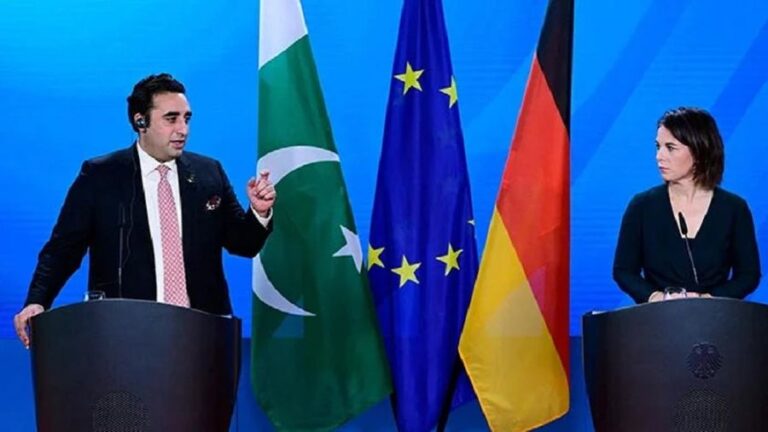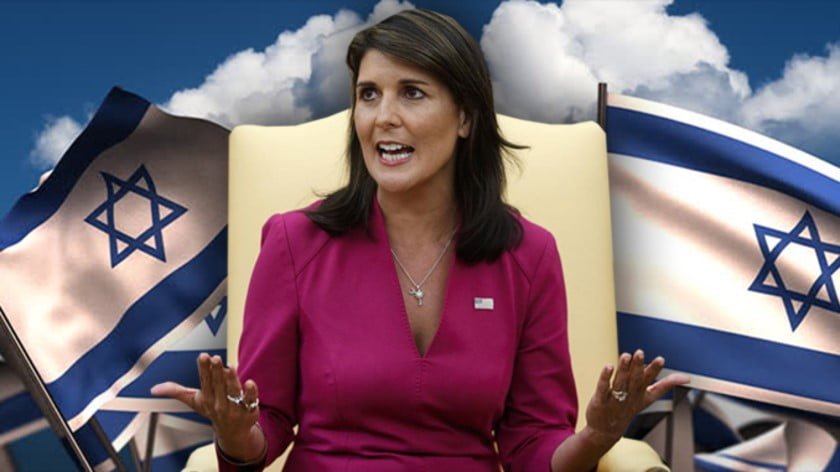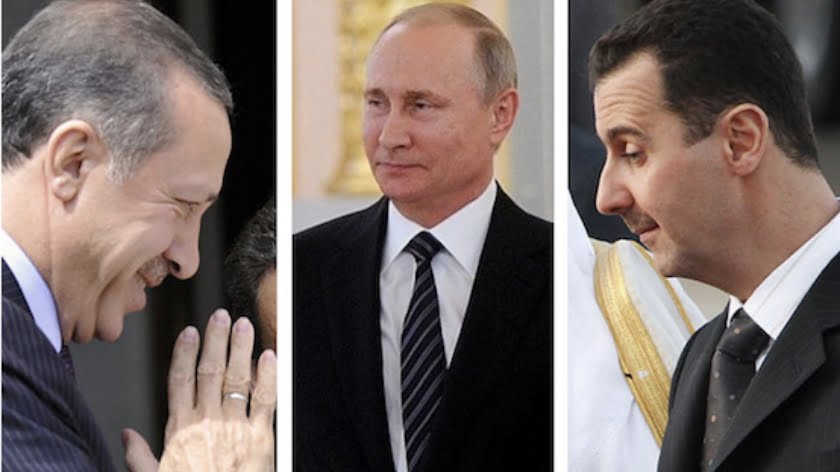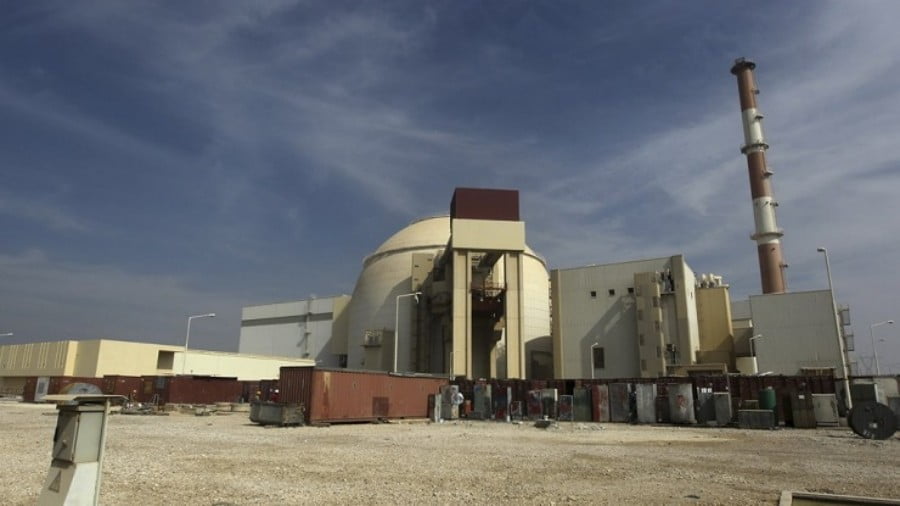Lebanon in the Crosshairs
If the United States climbs into bed with the Israelis and Saudis and commits to take down Iran it will wind up having to do the hard fighting in a war that could be unwinnable in any conventional sense.
There has been much discussion surrounding the travel of Lebanese Prime Minister Saad al-Hariri to Saudi Arabia on November 4th. Al-Hariri, who is a Saudi-Lebanese dual national with considerable business and other personal interests in Saudi Arabia apparently complied with a summons to meet with Crown Prince Mohammed bin Salman, who has been shaking up his government as part of what appears to be an attempt to concentrate more power in his own hands being marketed as a campaign against corruption. Al-Hariri was by some accounts met at the Riyadh airport unceremoniously and placed under something like house arrest. He shortly thereafter read a statement – or was it a script? – claiming that he had fled Lebanon in fear that he might be assassinated. He resigned his office and proceeded to denounce Iranian influence over his country, saying that Tehran was seeking to gain control through its dominance of Hezbollah and the acquiescence of the president, a Maronite Christian, Michel Aoun.
Al-Hariri was allowed to leave Saudi Arabia on Saturday, flying to Paris to meet with French President Emmanuel Macron, but his children and business interests are still in Saudi Arabia, suggesting that his actions will be dictated by Riyadh. Al-Hariri, a Sunni Muslim, was in Beirut on Wednesday for Lebanon’s Independence Day, where he was convinced to hold off on formally submitting his resignation to the government so more discussions could take place. This temporarily avoids a government crisis for the country, where a coalition carefully designed to balance the country’s three major religious constituencies only came together last year.
Al-Hariri’s fall from grace came about because the Saudis were unhappy regarding his reluctance to directly confront Iranian influence, best demonstrated by Hezbollah’s unilateral participation in the civil war in neighboring Syria. The Saudis, who forced through a resolution at the Arab League last weekend declaring Hezbollah a terrorist organization, would like to have its political wing out of the government completely, an impossibility given its military and political power. Riyadh is also believed to be working with the Israelis to increase pressure and create a casus belli over Lebanon to justify direct action to isolate Hezbollah. And the ultimate target is Iran with the two countries working together to roll up Iranian influence in the region starting with Lebanon, which will see increasing political and economic pressure from Riyadh while the Israelis will be standing by to intervene militarily, if necessary.
There are credible reports that Israel and Saudi Arabia, though not bound by any formal agreement, have come to an understanding over how to proceed which will include the abandonment of a number of long established policies. The Palestinians will, in particular, be thrown under the bus yet again and have been warned by Riyadh to cut all ties with Iran. Saudi Arabia will apparently no longer push the Israelis to accommodate Palestinian aspirations for full statehood, which will mean that refugees will have no right to return under any formula for a settlement and Jerusalem will remain wholly in Israeli hands.
It is a major risk for the al-Saud Royal House to appear to be abandoning the highly popular Palestinian cause, so what’s in it for Saudi Arabia? Israeli and U.S. support for the idea that Iran is enemy number one and must be dealt with using the military option trumps anything going on in Ramallah. Leaked Israeli and Saudi diplomatic cables have made clear that Tel Aviv will endorse Riyadh’s genocidal assault and blockade on Yemen and any other comparable actions while the Saudis will in return regard the Palestinian issue as a distraction. They will use their economic leverage to compel the Palestinians to agree to an admittedly unacceptable peace plan brokered by the U.S. and approved of by Israel. The U.S. is reportedly fully on board at this point and it is believed that son-in-law Jared Kushner has been the chief negotiator for the White House.
So what could go wrong? Probably everything as most of the current initiatives being discussed are unattainable. Israel has overwhelming air and sea superiority in the region but it does not have the boots on the ground to control the land it flies over. Nor do the Saudis and Riyadh’s vision of some kind of broad Sunni front taking shape against Iran and the Shi’as is almost certainly little more than wishful thinking. Hezbollah has been preparing for war and it has considerable experience in fighting the Israelis, having driven them out of Lebanon in 2000. It has thousands of missiles of variable quality concealed in bomb-proofed sites and there are reports that there are plans to unleash them in enormous waves if Israel were to strike. Israeli interceptor defenses are formidable, including Iron Dome, but they would be unable to cope with the volume and the devastation could be enormous on both sides.
And there is no sign that the Lebanese, who have placed their army on standby, are eager to avoid a war by cutting a preemptive deal with the Saudis that would involve Israel, so the idea of starting a hot conflict that could somehow be managed which would destroy Hezbollah will likely prove to be a bridge too far for Riyadh and Tel Aviv. And then there are the Palestinians, who just might not be willing, or able, to play ball no matter how much Saudi money is being offered.
All of which could easily leave the United States out on a limb. If it climbs into bed with the Israelis and Saudis and commits to take down Iran it will wind up having to do the hard fighting in a war that could be unwinnable in any conventional sense. Russia will almost certainly be watching closely but will wisely stay out of any conflict as long as its own interests in Syria and Iran are not threatened. If “regime change” in Lebanon to weaken Iran plays out badly, which it will, it means that all parties involved will suffer from another decade of instability in the Middle East.
By Philip M. Giraldi
Source: Strategic Culture







